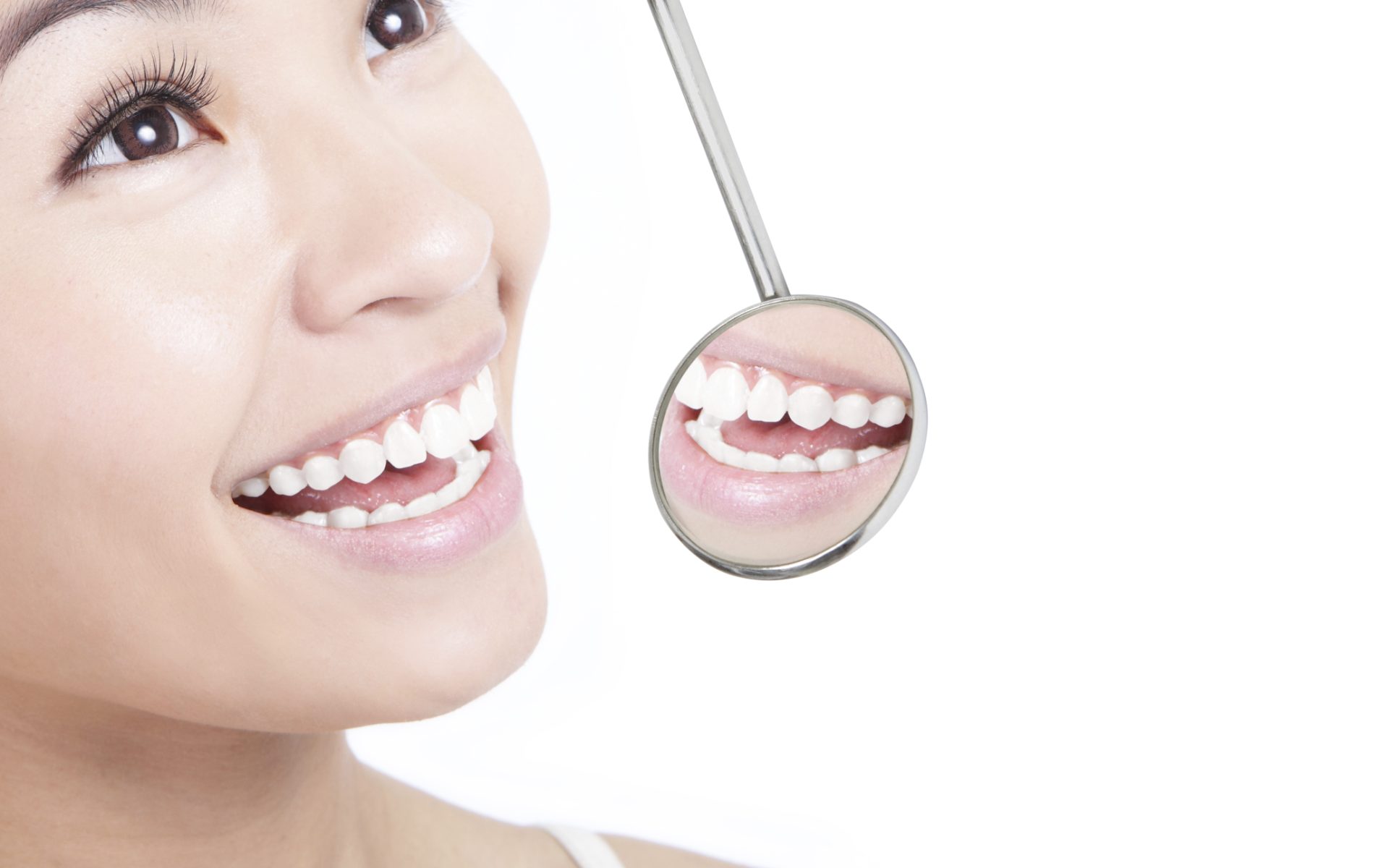Ridge augmentation is a vital procedure for those seeking dental implants but facing challenges due to jawbone deformities. These deformities can result from a range of issues, including periodontal disease, trauma, or long-term denture use. At Perio Implant Chicago, Drs. Peter Cabrera and Bahareh Sabzehei specialize in preparing patients’ jaws for successful dental implant placement through ridge augmentation.
Continue reading “Enhance Your Jawbone for Dental Implants | Chicago Dentist”Pocket Irrigation and Reduction Surgery | Chicago Dentist
Periodontal disease, also known as gum disease, is a prevalent and progressive condition that can lead to significant dental issues if left untreated. This disease can cause the recession of gum tissue and bone, inflammation, and even tooth loss. Fortunately, treatments like pocket irrigation and pocket reduction surgery can effectively address these concerns and restore oral health.
Continue reading “Pocket Irrigation and Reduction Surgery | Chicago Dentist”Understanding Sinus Augmentation | Chicago Dentist
Dental implants are a popular choice for replacing lost teeth, offering a strong and durable solution that mimics the natural tooth structure. However, not all patients are immediately suitable candidates for this procedure. One critical factor in determining candidacy is the availability of sufficient jawbone. For those with insufficient bone, particularly in the upper jaw near the sinuses, sinus augmentation becomes an essential step.
Continue reading “Understanding Sinus Augmentation | Chicago Dentist”What to Expect After Receiving Pinhole Surgery | Chicago Dentist
The Pinhole® Surgical Technique (PST), developed by Dr. John Chao, offers a revolutionary approach to treating gum recession with minimal invasiveness and reduced recovery time. If you’re considering or have already undergone this procedure, it’s essential to understand what to expect during the recovery process and how to ensure the best outcomes. Here’s a guide to help you navigate the post-procedure experience.
Continue reading “What to Expect After Receiving Pinhole Surgery | Chicago Dentist”Pinhole Gum Restoration vs. Traditional Surgery: A Modern Approach to Gum Health | Chicago Dentist
Maintaining optimal oral health involves more than just a bright smile; it extends to the health of our gums. Gum recession is a common concern that, if left untreated, can lead to serious dental issues. Traditional gum surgery has long been the go-to solution, but a newer, less invasive technique called pinhole gum restoration is gaining popularity. Let’s explore the key differences between these two approaches.
Continue reading “Pinhole Gum Restoration vs. Traditional Surgery: A Modern Approach to Gum Health | Chicago Dentist”Revive Your Smile with Pinhole Gum Restoration | Chicago Dentist
Your smile is one of your most powerful assets, and it’s often the first thing people notice about you. However, if you suffer from receding gums, it can lead to not only aesthetic concerns but also oral health issues. Fortunately, the Pinhole Gum Restoration procedure offers a minimally invasive and effective solution to restore your gums and regain your beautiful smile.
Continue reading “Revive Your Smile with Pinhole Gum Restoration | Chicago Dentist”Getting a New Smile in a Single Day | Chicago Dentist

As we embark on a brand-new year, many of us sit down and reflect on things they’d like to improve upon. For some, it’s fitness. For others, it’s a lifestyle improvement. If you have a flawed smile, you may want to consider cosmetic dentistry. Believe it or not, you can get your grin fixed in a single day. Don’t believe it? May we introduce you to All-on-4 implants in a day. Although this form of treatment has received a significant amount of media attention in the past couple of years, this is a service we have been providing to our patients for some time.
Not sure you are eligible? There are generally two areas where this treatment is an option:
In certain patients with a front tooth that needs to be extracted and there is sufficient bone, the periodontist will remove the tooth and place a temporary implant on the same day. For individuals who are losing all of their teeth, we do a procedure called all on 4 (AO4). Not only is your replacement created in-office, but in six months later, you have the permanent appliance.
Once the periodontist places the implants (4-6 depending on the patient), there are precautions that the patient must take during the initial period to avoid biting on anything hard.
One thing that is not mentioned in the advertising is that in all instances, the immediate teeth are temporary and further work will be required 6 months later to ensure everything is working properly. In addition, the appliances must be kept clean to prevent the tissues from getting infected. The follow up cleaning appointments are typically alternated between the periodontist and the patient’s general dentist.
If you would like more information about all-on-4 implants, call Dr. Cabrera in Chicago, IL at 312-994-7939 or visit www.perioimplantchicago.com.
Dr. Peter O. Cabrera proudly serves Chicago and all surrounding areas.
Soft Tissue Grafting: A Case Study | Chicago Dentist

Although most people concentrate on the teeth for an attractive, healthy smile, the appearance of the gums cannot be ignored. Because your gums are the “frame of your smile”, an ugly frame will destroy the appearance of a beautiful smile. Knowing this, we will often use soft tissue to enhance the appearance of the tissue in conjunction with new restorations. The following case demonstrates one such example:
This case illustrates a 35-year-old physician who was missing two teeth in the front and had a bridge placed many years ago. She did not like the appearance of the bridge and wanted to replace it. The before photos illustrate how an unsightly indentation in the gum tissue compromised the appearance of the bridge. In addition to replacing the bridge, we wanted to improve the appearance of the tissue in order to improve her “picture frame”. Utilizing minimally invasive tunneling procedures, a collagen graft was placed to build out the tissue and create an appearance that a tooth was present, but in actuality, it is missing. The improvement was seen immediately at the time of surgery, and after several weeks in a new temporary bridge, the result is even more apparent. As you can see, we have created the illusion that there are teeth present by simply reconstructing the tissue.
If you find that you have gums that are affecting your smile and self-confidence, soft tissue grafting may just be the solution you’ve been looking for. Not only will it improve the look of your gums but will also give you a discreet way to bring back a reason to smile.
If you would like more information about dental bridges, call Dr. Cabrera in Chicago, IL at 312-994-7939 or visit www.perioimplantchicago.com.
Dr. Peter O. Cabrera proudly serves Chicago and all surrounding areas.
Recession and Permanent Orthodontic Retainers | Chicago Dentist

An important component of orthodontic therapy is retaining the teeth in their final position to prevent relapse. This retention is either in the form of a removable retainer or a fixed, permanent retainer. The latter is typically used on the inside part of the lower front teeth by bonding a wire to the six front teeth. However, not all wires are passive. In some cases, the wire retains tension and will force the teeth out of the bone over time.
We have seen an increased number of cases over the past few years.
The first case (fig 4) shows the recession and the wire along the tongue side. The second case (5-8) shows severe localized recession due to the torqueing motion of the wire.
This patient reported that she had a failed graft done several months before. In reality, the position of the tooth made it virtually impossible for any graft to succeed. This highlights that the most Important part of any treatment is an accurate diagnosis. The third case reflects the same problem.
If you see recession, it is time to visit a periodontist. As part of the comprehensive exam, Dr. Cabrera will check all factors that may be contributing to the recession. If a fixed retainer is contributing to the problem, Dr. Cabrera will inform you and make the appropriate recommendation.
If you would like more information about retainers, call Dr. Cabrera in Chicago, IL at 312-994-7939 or visit www.perioimplantchicago.com.
Dr. Peter O. Cabrera proudly serves Chicago and all surrounding areas.
The Aftercare of Dental Implants | Chicago Dentist

Getting dental implants can be a nervous time for a patient, but with implants-in-a-day, a patient can have their flawed smile fixed in a single dental visit. Not only is it quick, but the results look natural and feel comfortable.
But once you leave the dental chair, what should you expect? After all, getting a new smile in a single visit must hurt. Quite the contrary – because dental anxiety is a real condition, the patient’s comfort comes into the design of these procedures. However, there is a healing process that will take about 3-6 months, or until the implant fuses to the bone (integration). So, how do you cope during this healing time? Here are some tips:
Physical symptoms. Prepare for some bleeding and swelling for the next 24-48 hours. Gauze will help with the bleeding; bite down on a gauze pad for about thirty minutes. If swelling occurs, ice packs will help to reduce it. Keep something cold on the affected area until the swelling goes down. Warm saltwater rinses are also great to reducing swelling. If you experience any pain, taking Tylenol or Ibuprofen will help the transition as the anesthetic wears off.
Diet. This one will be tricky for a while. The first day, limit your food to liquids and soft textures. As it becomes easier to eat, you can slowly move to your regular diet. Make sure to drink plenty of fluids to stay hydrated.
Moving around. You may think you won’t need downtime, but that’s not true. Oral surgery is just like any surgery – relax and focus on the healing process. Too much activity may cause bleeding or throbbing in the area.
If you would like more information about dental implant aftercare, call Dr. Cabrera in Chicago, IL at 312-994-7939 or visit www.perioimplantchicago.com.
Dr. Peter O. Cabrera proudly serves Chicago and all surrounding areas.






